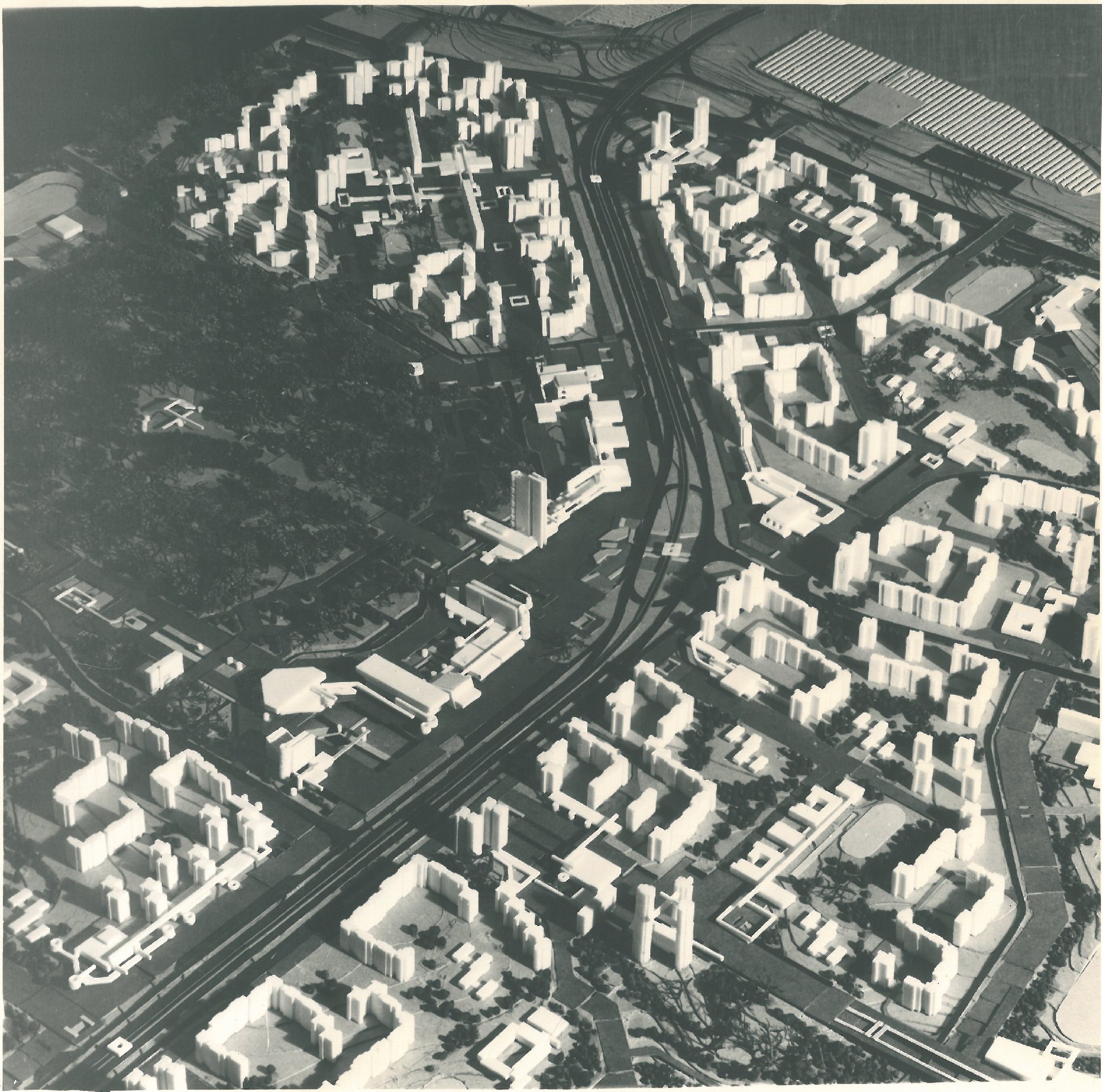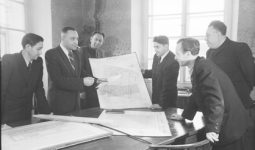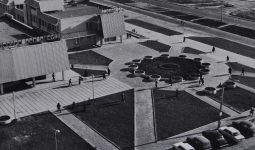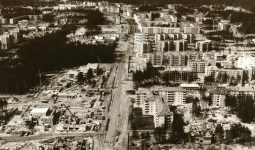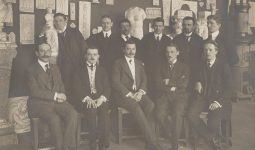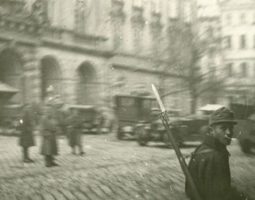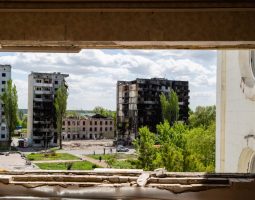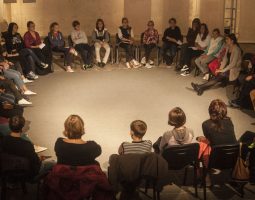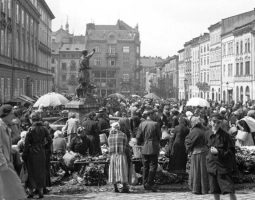As part of this research focus, we concentrate on the social and physical spaces of cities, towns, and districts that have emerged from planning experiences and practices. This topic involves cooperation and exchange between history, sociology, history of architecture and urban planning, to understand how the perception about the future of the city changes, who builds and embodies it, what resources are mobilized for it, what ideas are actualized and become the basis for decision-making. We refer to experts and professionals, to their specialized knowledge, and consider spatial transformations resulting from the application of this knowledge, and ask the question of whether it is possible to plan the development of the city and translate abstract ideas into the language of space. Projects within this focus highlight the role of professional communities, their informal and formal associations, infrastructures and institutions in the formation of a modern city.
The timeline of studies within this focus covers the period from the middle of the nineteenth century to the early twenty-first century. Despite the fact that it focuses on Lviv, it also includes wider geographies and emphasizes the importance of connections for the formation of "thought collectives." Through the study of environments that have arisen around the architectural profession, we seek to understand their connections with different audiences, including those who make decisions and those who live in the city. We ask questions about the sources of expertise and what determines them at each specific moment in time. Finally, we are also interested in the institutional continuances and ruptures that occur during the times of political and social change.
This research focus has evolved from an analysis of two examples. The first case is related to the largest residential area of Lviv, the Sykhiv, which in the 1970s-1980s was planned and built as a home to 120,000 workers of the southeast industrial hub. This project combined the perspectives of architects and planners with the vision of residents living in this environment, as well as filling it with their own meanings. The second focus is on Slavutych, a city that was planned and built in emergency conditions, after the accident at the Chornobyl nuclear power plant, and in the context of political transformation in the USSR. The study of Sykhiv and Slavutych gave us the opportunity to review the boundaries of responsibility of urban planners, architects, and managers in the (post)Soviet city, and to trace the inclusion of new actors in the process of transforming the urban space. Both projects, as well as the development of the "Interactive Lviv", became the starting point for focusing on a group of professional men and women.
